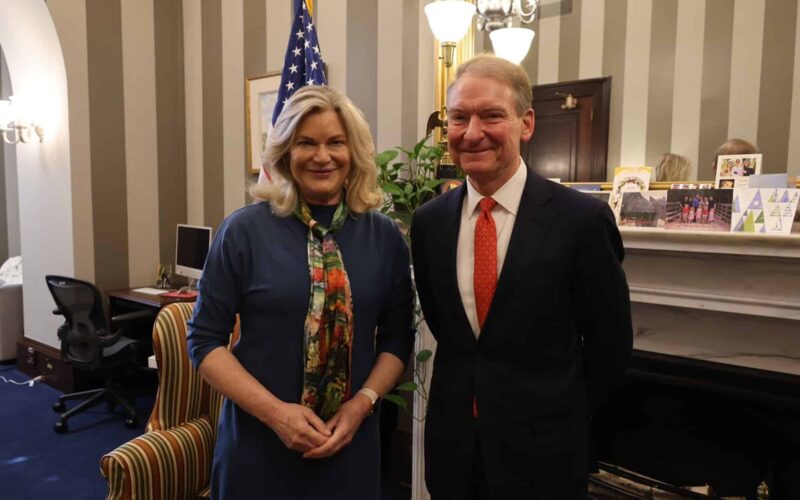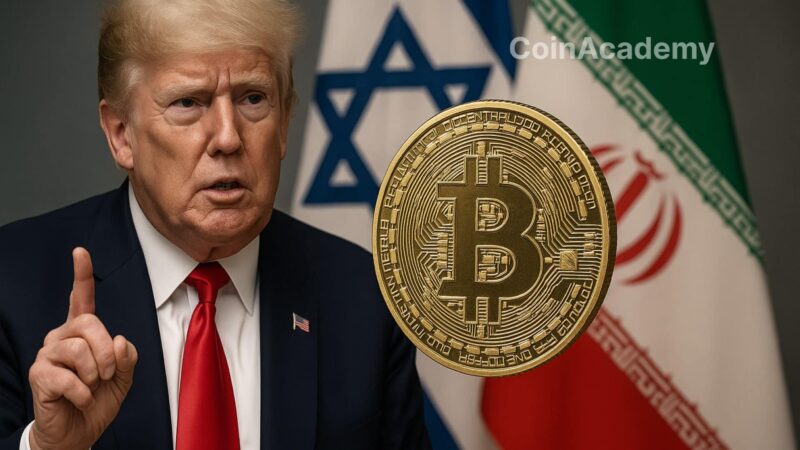Paul Atkins: Shaking up Financial Regulation in the US
Paul Atkins has been appointed as chairman of the Securities and Exchange Commission (SEC) by Donald Trump, following a partisan Senate validation. This marks a major shift towards a more innovation-friendly approach to financial regulation.
As a former adviser to crypto companies, Atkins is seen as an ally of the industry. His appointment comes with the abandonment of several procedures and a reshaping of the SEC’s role in regulating digital assets.
The SEC is currently incomplete, with only three members, which could further amplify political tensions surrounding sensitive decisions, especially those related to crypto projects supported by Trump’s circle.
Senate Validates Atkins as New SEC Chairman
The US Senate has approved the nomination of Paul Atkins as chairman of the Securities and Exchange Commission (SEC), marking a significant turning point in the regulatory approach to financial markets, particularly for the crypto ecosystem. As a former Republican commissioner at the SEC, Atkins is known for his close ties to the private sector and his support for financial innovation. His nomination, proposed by Donald Trump, was confirmed by 52 votes in favor to 44, strictly along party lines.
A Strategic Nomination Redefining the Future of US Financial Regulation
The new SEC chairman brings a wealth of experience at the intersection of politics and finance. After an impactful first stint at the agency, he transitioned to become an advisor to major crypto companies in Washington, giving him a keen understanding of the challenges associated with digital assets. His appointment as head of the SEC is viewed as a victory for the sector, guiding it towards regulatory stability and an innovation-friendly framework.
A Swift Transition and a Comprehensive Review of Crypto Strategy
Pending Atkins’ official swearing-in, interim leadership has been assumed by Mark Uyeda, who was also appointed by Trump. During this transition, there has been an expedited regulatory shift, with a wave of enforcement cases targeting digital assets being dropped, and new boundaries being established to clarify the agency’s jurisdiction.
Entire segments of the ecosystem have been declared beyond the SEC’s scope, including certain stablecoins, memecoins like $TRUMP (connected to the former president’s financial galaxy), and proof-of-work mining activities. These decisions, although temporary, have set the tone for a more permissive administration, diverging from the strict approach embodied by Gary Gensler.
Persistent Gray Areas and an Incomplete Commission
Atkins assumes his role in an uncertain institutional context. The SEC commission, which is legally required to have five members, currently only has three. The sole Democratic representative, Caroline Crenshaw, continues to serve despite her term’s expiration, while the White House has not yet made any replacement appointments.
This unbalanced configuration could heighten political tensions surrounding future regulatory decisions, especially as the new SEC orientations closely align with the economic interests of the Trump camp. The family business is involved in the development of memecoins and a stablecoin project through World Liberty Financial, all of which Paul Atkins will now oversee in conjunction with ongoing legislative reforms in Congress.




